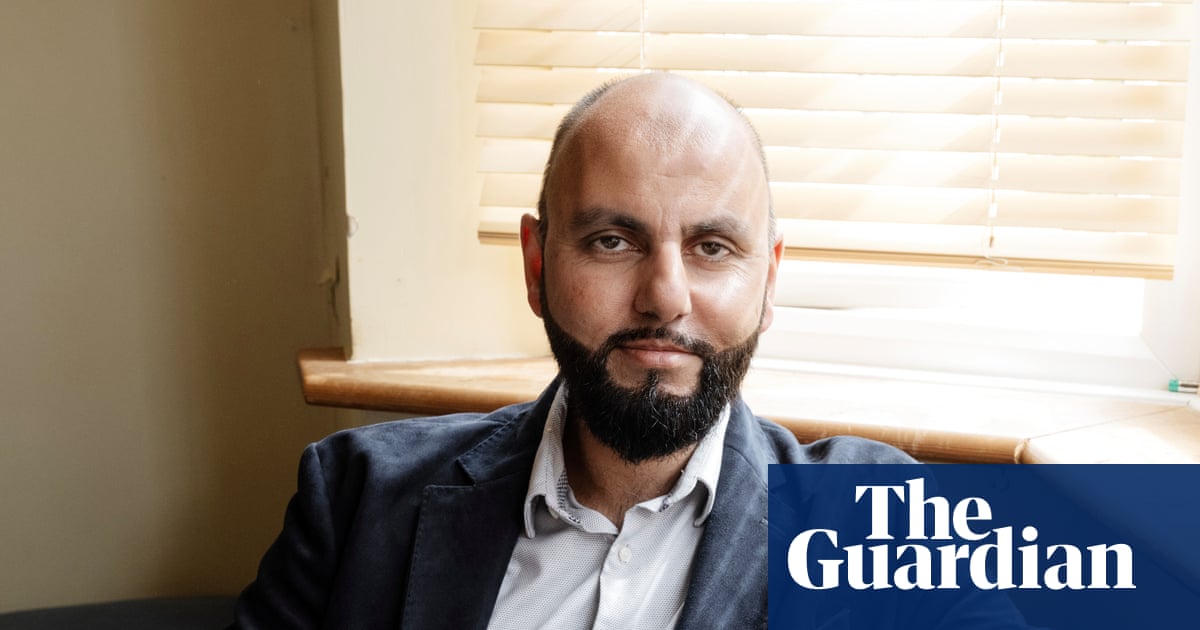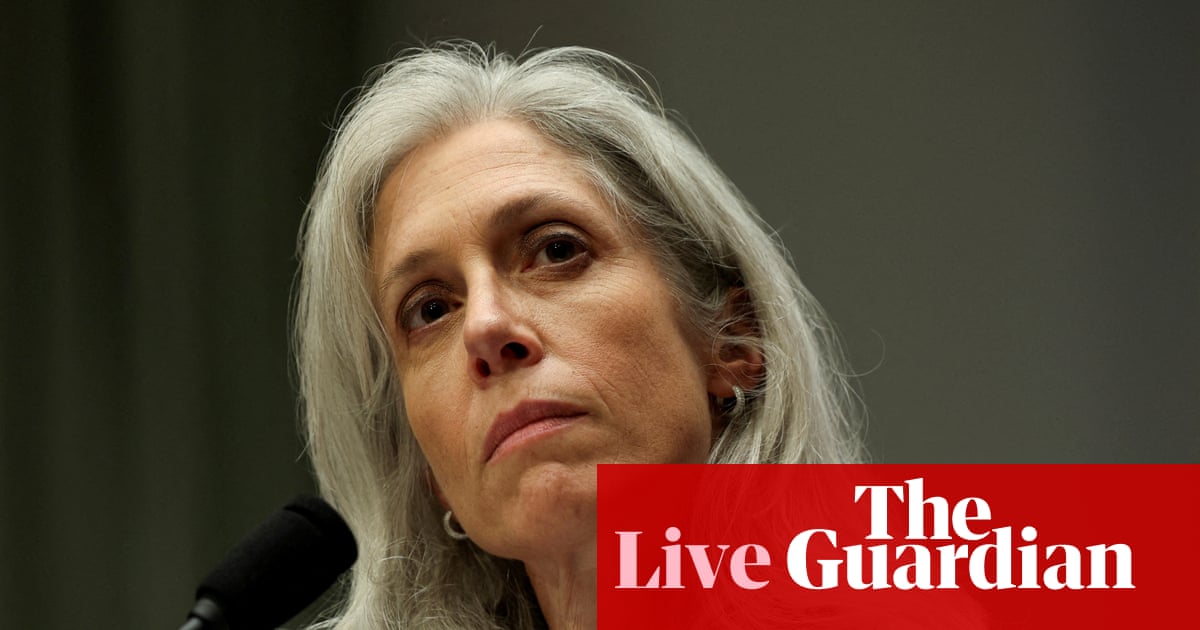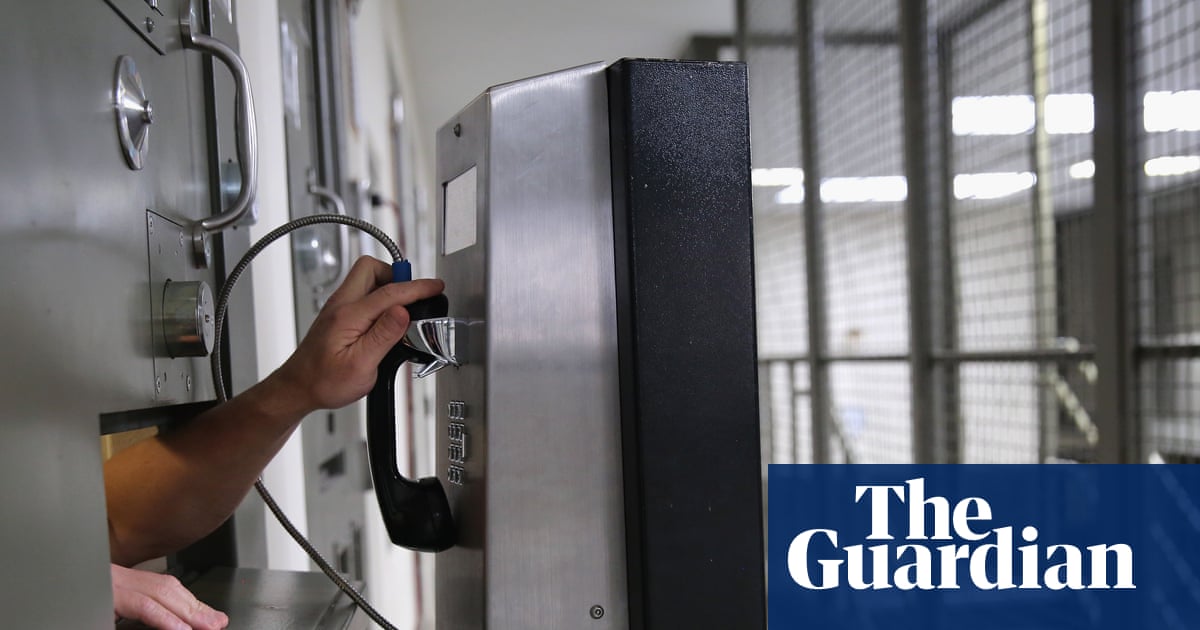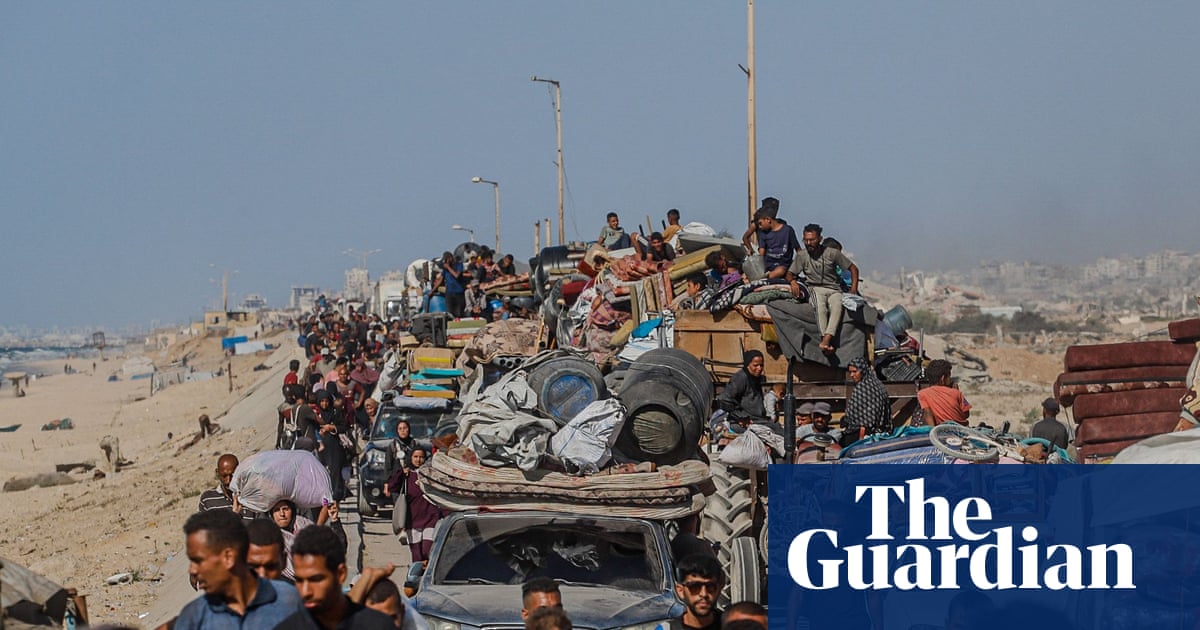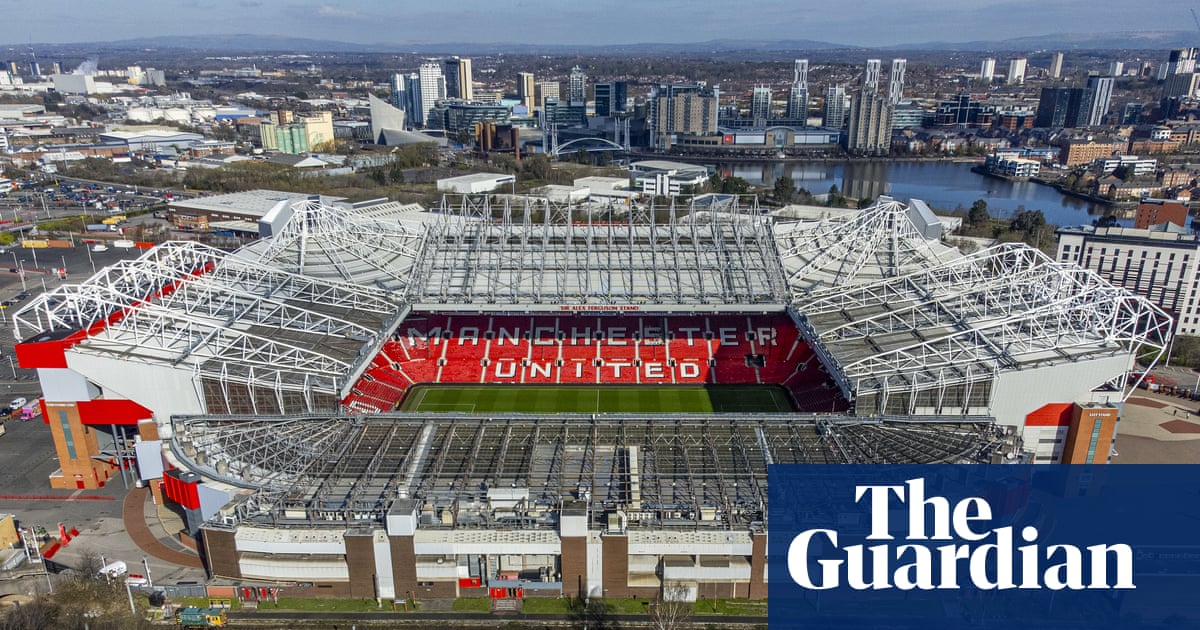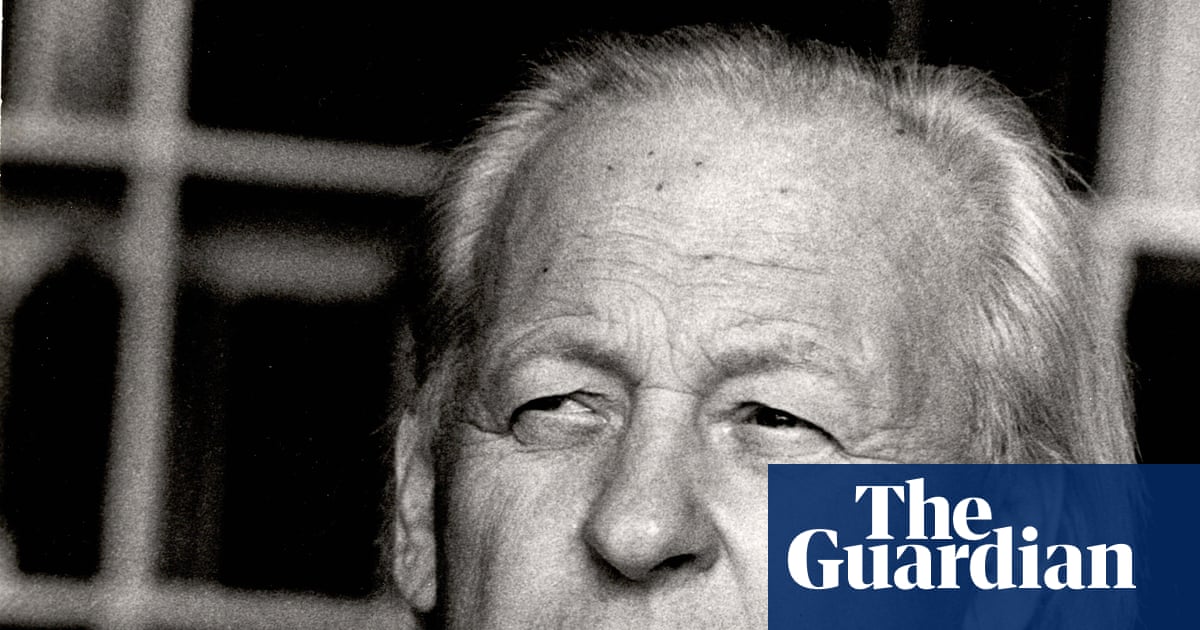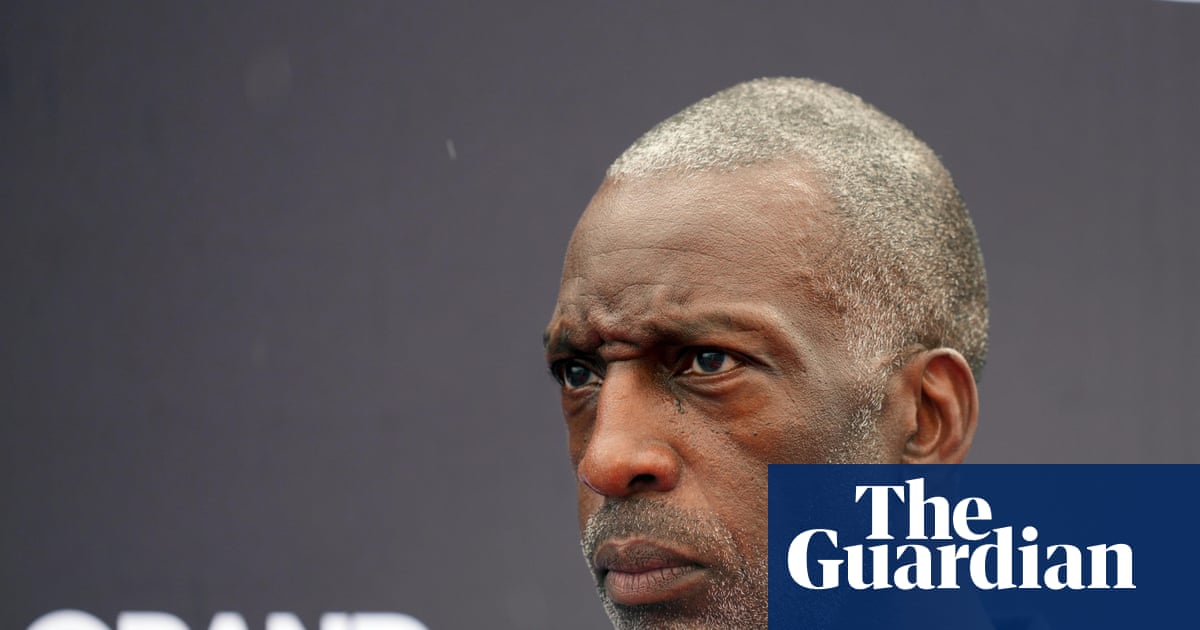Pedro Sánchez could be forgiven for remembering the autumn of 2018 with a deep and nostalgic sigh. Back then, having been in office for just six months, Spain’s socialist prime minister could afford to mock his opponents’ frequently hyperbolic attempts to depict him and his administration as an existential threat to the country.
“I know you think I’m a dangerous, extreme leftwinger who’s trying to break Spain apart,” he told the senate at the end of October that year. “I know that everything I do, and everything my government does, is illegal, immoral and even fattening.”
Almost seven years on, that barb hasn’t aged well. The EU’s last centre-left leader is fighting the most crucial battle of his political life. The events of the past seven days – and, indeed the past year – have battered the reputation of Spain’s socialist-led minority government and of the man who came to power as a self-declared scourge of corruption.
Sánchez, 53, made Spanish political history in June 2018 when he became the first opposition leader to successfully use a motion of no confidence to oust a sitting government and become prime minister. By then, the conservative People’s party (PP) had been in power for seven years, was mired in graft scandals and had just been irreparably damaged by a court’s ruling that the party had profited from an illegal kickbacks-for-contracts scheme. Its then leader, Mariano Rajoy, had also suffered the ignominy of becoming the first serving Spanish prime minister to give evidence in a criminal trial.
Unveiling his no-confidence motion, Sánchez complained that the PP had “seriously damaged the health of our democracy” and plunged the country’s politics into what he termed a “corruption thriller”.
It is another phrase that hasn’t aged well. Today it is his government and his circle that sit at the centre of a web of alleged plots that would seem too numerous, too unlikely and too convoluted for an airport novel.
The question now is whether the great survivor of Spanish politics will make it to the next general election, scheduled for 2027.
To mangle Hemingway’s line on going bankrupt, how does a government slide into ethical and electoral insolvency? “Two ways. Gradually, then suddenly.”
Last week, Sánchez’s right-hand man, Santos Cerdán, the organisational secretary of the prime minister’s Spanish Socialist Workers’ party (PSOE), resigned after a supreme court judge found “firm evidence” of his possible involvement in taking kickbacks on public construction contracts. His case is tied to those of two other men, the former transport minister José Luis Ábalos – who was Cerdán’s predecessor as the PSOE’s organisational secretary – and Ábalos’s former aide Koldo García.
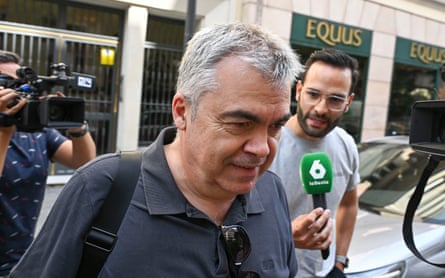
Ábalos was sacked from Sánchez’s cabinet in 2021 and suspended by the PSOE in February last year after refusing to resign when García was accused of taking bribes to facilitate mask contracts during the Covid crisis. Both men have denied any wrongdoing.
Over the past few days, leaked evidence handed to the Guardia Civil’s anti-corruption unit has purported to show Cerdán discussing kickbacks with Ábalos and García, and Cerdán instructing García to interfere with the 2014 party vote that saw Sánchez elected PSOE leader. Audio of a crude discussion between Ábalos and García in which they appear to discuss the various attributes of different sex workers has also surfaced.
It’s little wonder then that Sánchez proclaimed on Thursday of last week that he should never have trusted Cerdán, who insists he is innocent. The prime minister’s accompanying mea culpa – “I have many shortcomings … but I have always believed in working for clean politics and fair play in politics” – came hours after the PSOE had denied that Cerdán had ever been involved in any conversations about taking bribes.
Those cases are not the only graft allegations facing those around the prime minister. Both Sánchez’s wife, Begoña Gómez, and his brother, David Sánchez, are also under investigation.
Gómez is being investigated for alleged corruption and influence-peddling after a complaint by the pressure group Manos Limpias (Clean Hands), a self-styled trade union with far-right links that has a long history of using the courts to pursue political targets. Manos Limpias has accused Gómez of using her influence as the wife of the prime minister to secure sponsors for a university master’s degree course that she ran. Sánchez has complained of being the victim of “lawfare” and has described the case against his wife as baseless and “an ugly fit-up driven by the far-right groups behind the complaint”. The emergence of the allegations last year led him to take a five-day break from his public duties while he considered whether to carry on as prime minister.

David Sánchez, meanwhile, is facing trial over allegations of influence-peddling and other offences in a case that also began with accusations from Manos Limpias and other groups. He denies the charges.
It doesn’t end there. A former PSOE member has been accused of trying to wage a smear campaign against the Guardia Civil anti-corruption unit, which is also investigating Gómez and David Sánchez. And Spain’s top prosecutor could face trial for allegedly leaking confidential information from a tax fraud case involving the partner of Isabel Díaz Ayuso, the populist PP leader of the Madrid region who is also one of Pedro Sánchez’s loudest and brashest critics.
No degree in political science is needed to see just how bad things are for the PSOE. Sánchez’s big worry now is that there could be still more damaging revelations to come about the activities of the “toxic triangle” of Cerdán, Ábalos and García. On Friday morning, Guardia Civil officers visited the PSOE’s Madrid HQ and the transport ministry to clone Cerdán and Ábalos’s email accounts.
Although the PP, now led by Alberto Núñez Feijóo, doesn’t yet have the votes it needs to bring a no-confidence vote against the government, the PSOE’s parliamentary allies – who include small Basque and Catalan nationalist parties – could decide that the socialist brand is too radioactive for them to be associated with.
In the meantime, Sánchez, a politician known for confounding expectations and opponents – and a man who famously called his 2019 memoir Manual de Resistencia (Resistance Manual) – is insisting that the PSOE is not institutionally rotten.
“I will not allow you to turn an anecdote into a category,” he told his adversaries during a loud and rancorous session in congress on Wednesday. “The left is not corrupt.”
The PP, which believes it may finally have Sánchez cornered, is not without its own issues. Ayuso – whose eccentric pronouncements tend to eclipse Feijóo’s more muted leadership style – is still under pressure over her boyfriend’s judicial issues with the tax authorities, and over her government’s Covid protocols after more than 7,200 people died in the region’s care homes during the early stages of the Covid pandemic.
The party is also facing continuing scrutiny over its response to last year’s deadly floods in Valencia, another of the regions it governs. Then there is its own well-documented history of corruption, not to mention the inconvenient fact that the PP is all but certain to have to rely on a deal with the far-right Vox party to govern.
But there is a growing sense that what was supposed to be one of Europe’s few remaining beacons of social democracy is dimming, even as the far right is gaining strength around the continent and beyond. If successive conservative and socialist governments in Spain are brought down by corruption scandals, the big winners are likely to be those, such as Vox, who rage against what they say is an old and rotten two-party system.
Recent events over the border in Portugal are also sobering. In last month’s snap election, the Portuguese socialist party – which was forced from government by a corruption scandal in 2023 – finished third behind the far-right Chega party. While a similar outcome in Spain is deeply improbable, Vox’s appeal – especially to young men – is increasing.
As the accusations mount, the achievements of the Sánchez administration risk disappearing under the rapidly accumulating weight of mud.
As well as delivering an enviably strong economy and calming the tensions in Catalonia after the failed 2017 push for independence, the government has, in conjunction with its successive, more leftwing partners, introduced menstrual leave, a minimum basic income scheme, a euthanasia law and updated abortion legislation.
Perhaps most eye-catchingly of all, Sánchez has also bucked the continent-wide political trend by defending immigration and its benefits.
“Spain needs to choose between being an open and prosperous country or a closed-off, poor country,” he told parliament in October. “It’s as simple as that.”
The coming weeks will determine the prime minister’s future, but some believe the days of the Sánchez government are numbered.
“As I see it, the legislature is already over,” said Pablo Simón, a political scientist at Madrid’s Carlos III University. While he acknowledged his view might sound harsh, he said the recent revelations were damaging precisely because they struck at the very heart of the PSOE’s progressive and administrative credibility.
Simón said the allegations of irregularities in the PSOE primaries, the apparent use of sex workers – “which breaks that whole image of a feminist government that believes in equality” – the perceived hypocrisy of a party that professed a zero tolerance approach to corruption, and Sánchez’s repeated cries of lawfare and conspiracy, now added up to a damning whole.
“With those four corners of the government’s narrative demolished, the situation is now terminal,” he said. “We don’t know how the legislature will end or when it will end, but we’re now in the final countdown … No one knows exactly what else could come out.”

 2 months ago
38
2 months ago
38
